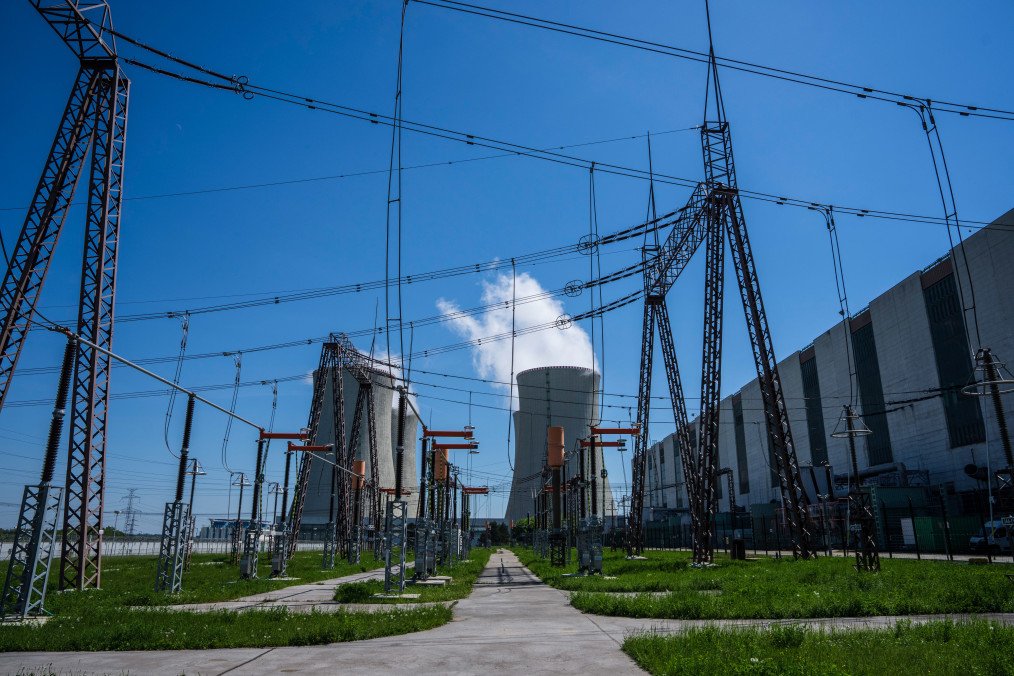- Category
- Latest news
European Union to Phase Out Russian Fuel Imports After €200 Billion Spent Since 2022

Since the beginning of Russia’s full-scale invasion of Ukraine, European Union member states have paid the Kremlin over €200 billion (approximately $215 billion) for fossil fuels. The bloc is now working to end this reliance entirely—both by phasing out fossil fuel imports and reducing its exposure to Russian nuclear technology.
According to the Financial Times on June 16, Brussels is set to unveil legal measures this week aimed at ending imports of coal, oil, and gas from Russia. Natural gas imports are expected to be fully halted by 2027.
In 2024 alone, Russia earned €22 billion (around $23 billion) from energy exports to the EU, including €700 million (about $752.5 million) from nuclear fuel, according to data from the Bruegel think tank. While nuclear deliveries represent a smaller share of total energy trade, officials warn that a sudden disruption would pose significant risks to the EU’s energy security.

The EU operates 101 nuclear reactors, 19 of which are Soviet-designed VVER models. The bloc remains 20–25% dependent on Russia for natural, processed, and enriched uranium. Many reactors also rely on Russian components and technical specialists.
EU officials say the European Commission’s goal is to eliminate Russian imports in the nuclear sector by the 2030s. However, building an independent nuclear fuel supply chain is expected to require €241 billion (almost $260 billion) in investment.
Energy ministers from EU member states will meet today, June 16, to discuss the bloc’s future approach to nuclear energy.
Earlier, a majority of G7 nations are prepared to move forward with lowering the price cap on Russian oil, even if the United States chooses not to support the initiative.
The proposal is expected to be a central topic at the upcoming G7 summit, set to take place in Canada from June 15 to 17. The current cap—set at $60 per barrel in late 2022—was introduced to limit Russia’s ability to fund its war effort while permitting oil exports to third countries through Western shipping and insurance services.



-111f0e5095e02c02446ffed57bfb0ab1.jpeg)

-c439b7bd9030ecf9d5a4287dc361ba31.jpg)

-72b63a4e0c8c475ad81fe3eed3f63729.jpeg)
